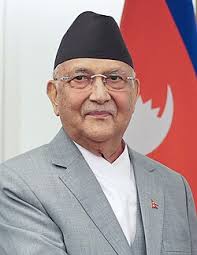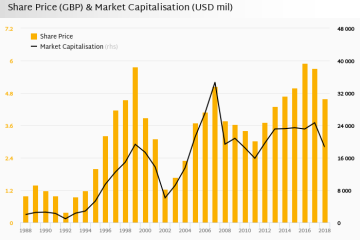Recent Updates on the Nepali Prime Minister and Government Initiatives

Introduction
The role of the Prime Minister in Nepal carries significant weight, both politically and socially. As the leader of one of the fastest-growing democracies in South Asia, the actions and policies of the Nepali Prime Minister not only shape the governance of the nation but also influence regional stability and international relations. Recent developments have highlighted critical challenges and responses during a period of tumultuous change.
Major Political Updates
Currently, Pushpa Kamal Dahal, widely known as Prachanda, serves as the Prime Minister of Nepal. Under his leadership, the government has embarked on a series of initiatives aimed at revitalising the economy and improving infrastructure following the COVID-19 pandemic’s adverse impacts. His coalition government, which includes several parties, has taken steps to streamline governance and advance sustainable development goals.
Economic Initiatives and Challenges
The Nepali economy is gradually recovering, but it faces several challenges, including inflation and trade deficit. The government has introduced various policies, including tax incentives for small and medium enterprises (SMEs) and measures to boost tourism, a key sector in the national economy. Furthermore, recent discussions regarding potential partnerships with international organisations aim to attract foreign investment, which is essential for bolstering economic growth and creating jobs.
International Relations and Regional Influence
Prachanda’s government also prioritises strengthening diplomatic relations with neighbouring countries, particularly India and China. Efforts to enhance trade agreements and collaborative projects are underway, as Nepal seeks to position itself as a critical player in regional connectivity. The government is focusing on revitalising the Himalayan environment through environmentally friendly policies, an aspect that resonates with both international and domestic audiences.
Conclusion
The significance of the Nepali Prime Minister and his government’s decisions cannot be overstated, as they directly affect the country’s economic trajectory and social stability. As Prachanda navigates these challenges, his administration’s effectiveness and adaptability will be crucial for Nepal’s future. Observers remain hopeful that through strategic governance and international cooperation, Nepal can achieve its development objectives while fostering long-term peace and stability in the region.









